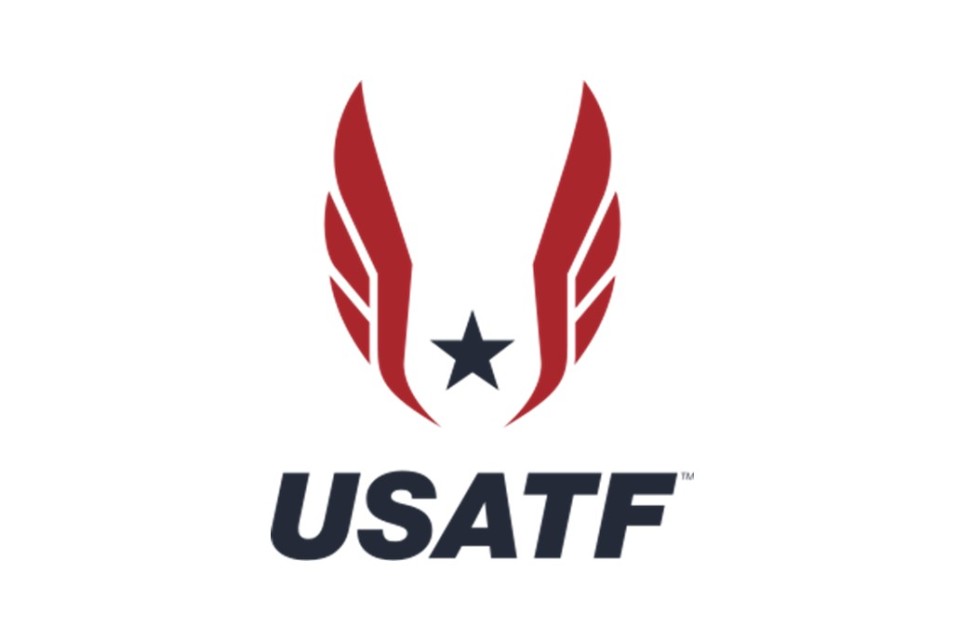Fri, June 17, 2022
UCI doubles time before a rider transitioning from male to female can compete
To optimise for archiving, the original image and related documents associated with this article have been removed.
The UCI has toughened its rules on transgender athlete eligibility by doubling the period of time before a rider transitioning from male to female can compete.
Following a review of the rules the UCI have changed the requirements from testosterone levels below 5 nanomoles per litre for a 12-month period to 2.5 nanomoles per litre for a 24-month period.
The UCI has been under the spotlight in relation to transgender eligibility after British rider Emily Bridges was stopped from competing in her first women’s race in April this year, with the UCI saying at the time that she would only be able to compete once her eligibility was confirmed. British Cycling also suspended its policy so that transgender athletes were unable to compete at any elite level female events run by the organisation.
A UCI statement said “The latest scientific publications clearly demonstrate that the return of markers of endurance capacity to 'female level' occurs within six to eight months under low blood testosterone, while the awaited adaptations in muscle mass and muscle strength/power take much longer (two years minimum according to a recent study). Given the important role played by muscle strength and power in cycling performance, the UCI has decided to increase the transition period on low testosterone from 12 to 24 months.”
The UCI statement added “This adjustment of the UCI's eligibility rules is based on the state of scientific knowledge published to date in this area and is intended to promote the integration of transgender athletes into competitive sport, while maintaining fairness, equal opportunities and the safety of competitions. The new rules will come into force on 1st July. They may change in the future as scientific knowledge evolves. Moreover, the UCI envisages discussions with other international federations about the possibility of supporting a research programme whose objective would be to study the evolution of the physical performance of highly trained athletes under transitional hormone treatment.”
The new rules come into effect on July 1st which means that Bridges will be unable to compete in female events until 2023 as she started hormone therapy in 2021.



